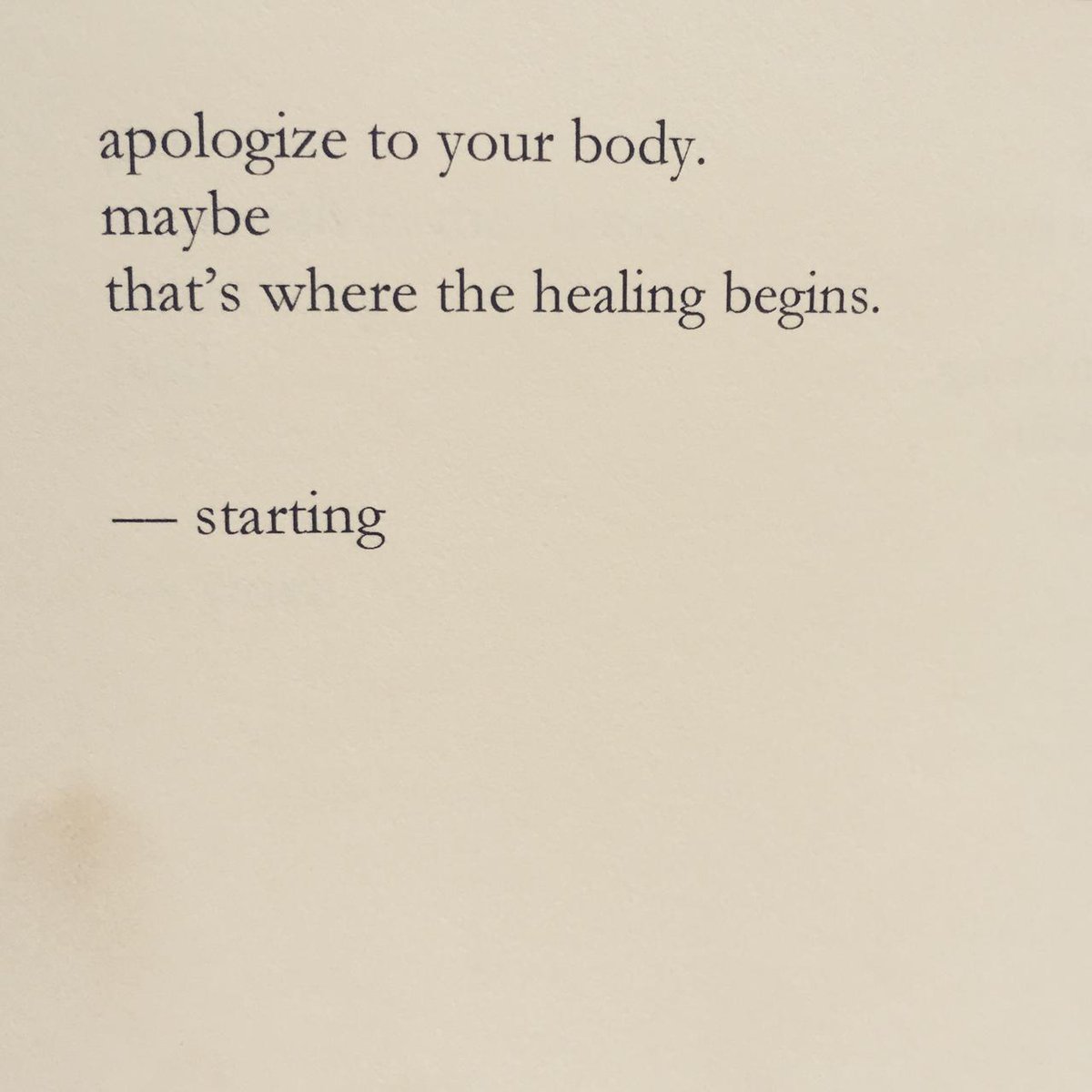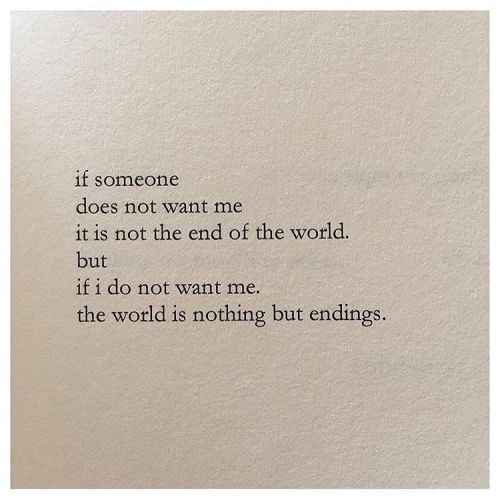Trigger warning: This article discusses issues about self-harm
This month’s featured artist wrote my favorite poetry book “salt.” and describes the piece as a “journey through warmth and sharpness.” The book discusses a wide array of issues ranging from the diaspora to colonialism to misogyny, which conveys the fierce interconnectedness of identities. Painful and poignant, raging and gentle, Nayyirah Waheed encourages self-examination, gives readers reason to be critical, and leaves them with hopeful words that keep us pondering the complexity and depth of her writing.

The US-based artist began writing at age 11. As a self-identified “quiet poet,” the internet offers little information on her background and childhood, which conveys something about Waheed’s personality. In one poem, she writes “listen to my poems./but/do not look for me./look for you.” In another, she positions herself “a bridge” between “what you may feel but cannot say.” She doesn’t seem to seek fame or attention; Waheed simply shares.
Endlessly.
Since she has shared little information about herself, and I’m not even sure what she looks like, I’d like to share how her words help my decolonization.
The poem on above forced me to consider the psychic and physical violence that I have inflicted on my body since childhood. From internalized eurocentric beauty standards to self-harm, I constantly brutalize myself and the image of myself. Mentally and physically we damage ourselves in order to conform to an idea of physical beauty imposed upon us through brainwashing and colonization. Waheed softly but powerfully suggests a starting point to be gentler towards ourselves: an apology.

Her emphasis on self-compassion and love, while seemingly simple, revolutionizes the way many societies in our world dictate the way we treat ourselves. In the poem on the right, Waheed writes of the potential of self-love, and the weight of its absence on her mental health.
At some point, I just began copying down parts from the book in my own diary to consult on bad days.
Aside from self-love, I appreciate her theme of strength, especially woman-strength in her poetry. She often writes about the resilience built through her experiences as an immigrant in the USA, as a woman embedded in capitalist patriarchy, as a black woman in institutions of systematic racism. Waheed writes about the energy necessary to bloom in a toxic environment, and appreciates her own power.
These themes represent only a few of the many issues Waheed writes about in “salt.” Although the poems are mostly short and the book has fewer than 200 pages, I took my time in reading each page to absorb every deliberate word; I still haven’t fully processed each poem. I will continue decolonizing as I re-read her book and recite her gentle words to myself each day.

“salt.” is available for purchase on Amazon, but thankfully, many of her readers have photographed pages of her book or posted quotes on the Internet. Googling her name yields many search results which display her poetry, if you’re interested in reading more.
Nayyirah Waheed has active profiles on Twitter, Instagram, Facebook, Tumblr, and her own website. She shares pieces of her work and showcases other artists who decolonize our minds.

The idea of “decolonizing our minds” is discussed in the writings of the author, feminist and social activist bell hooks. She encourages us to critically examine every thought and action, free ourselves from the coercive ideologies, and overcome the impacts of structural oppression. This bimonthly column will analyze spaces and times where and when we can pause and make strides in this arduous process, and also highlight figures who are helping us to decolonize ourselves.


